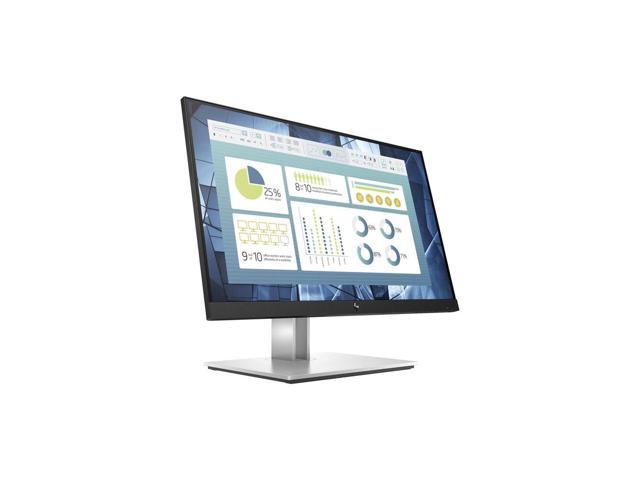A volume in the three-volume Remote Sensing Handbook series, Land Resources Monitoring, Modeling, and Mapping with Remote Sensing documents the scientific and methodological advances that have taken place during the last 50 years. The other two volumes in the series are Remotely Sensed Data Characterization, Classification, and Accuracies, and Remote Sensing of Water Resources, Disasters, and Urban Studies. In true handbook style, the chapters in the volume have been carefully selected, organized, and designed to be self-contained so that you can focus on a chapter and read it through without having to be overly dependent on other chapters. This volume provides comprehensive theoretical and practical coverage of remote sensing of land resources that include vegetation and biomass, agricultural croplands, rangelands, phenology and food security, forests, biodiversity, ecology, land useland cover, carbon, and soils. Highlights include: Global terrestrial carbon and carbon budgets Precision farming Agricultural systems studies and soil studies Global croplands, agricultural croplands, and rangelands Food security analysis Biodiversity Land use and land cover mapping Measuring photosynthesis from space Vegetation characterization and above ground biomass measurements and modeling Hyperspectral remote sensing Ecological studies Tropical forest characterization Habitat mapping and monitoring In a very practical way, the book demonstrates the experience, utility, methods, and models used in studying a wide array of land applications. Considered magnum opus on the subject, the three-volume Remote Sensing Handbook is edited by Dr. Prasad S. Thenkabail, a renowned international expert in remote sensing science, GIScience, and spatial sciences, with contributions from some of the very best leading global experts, the handbook gives you a knowledge base on the evolution remote sensing science, state-of-the-art technology, and a future vision for the field.















